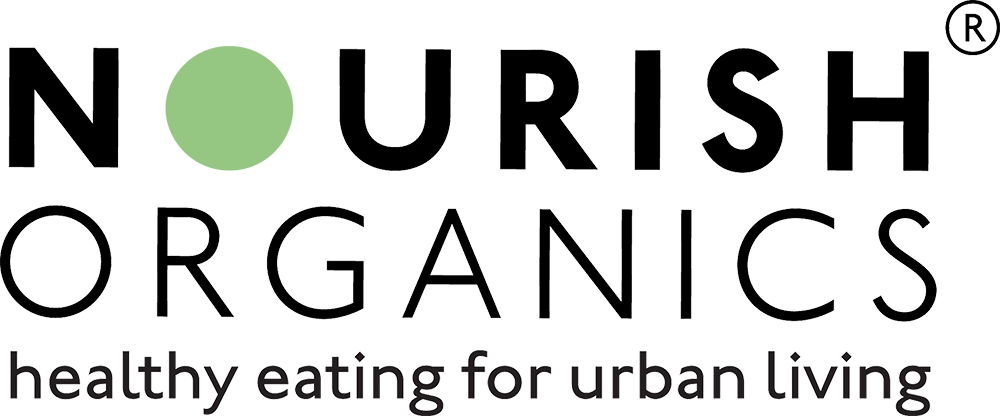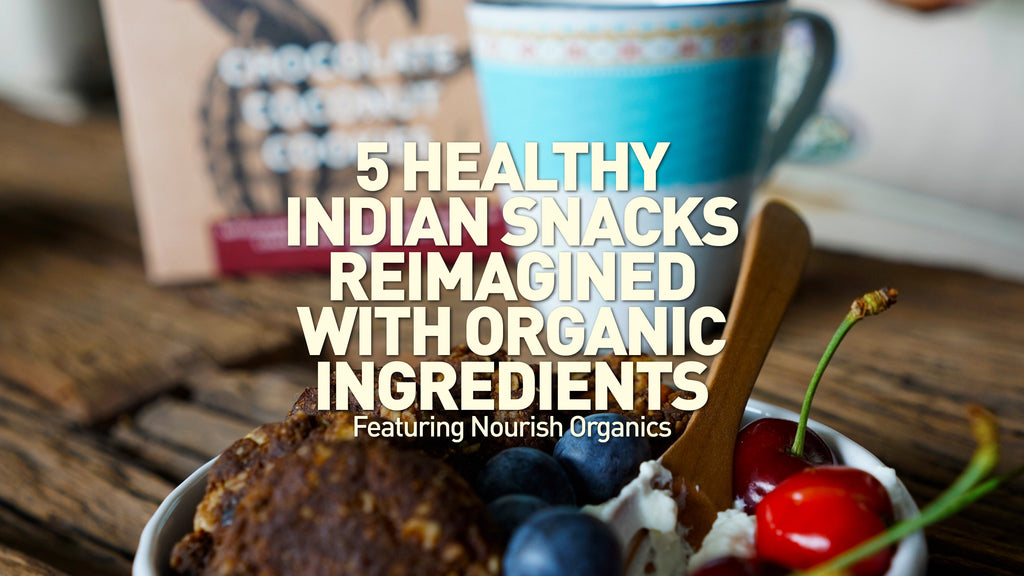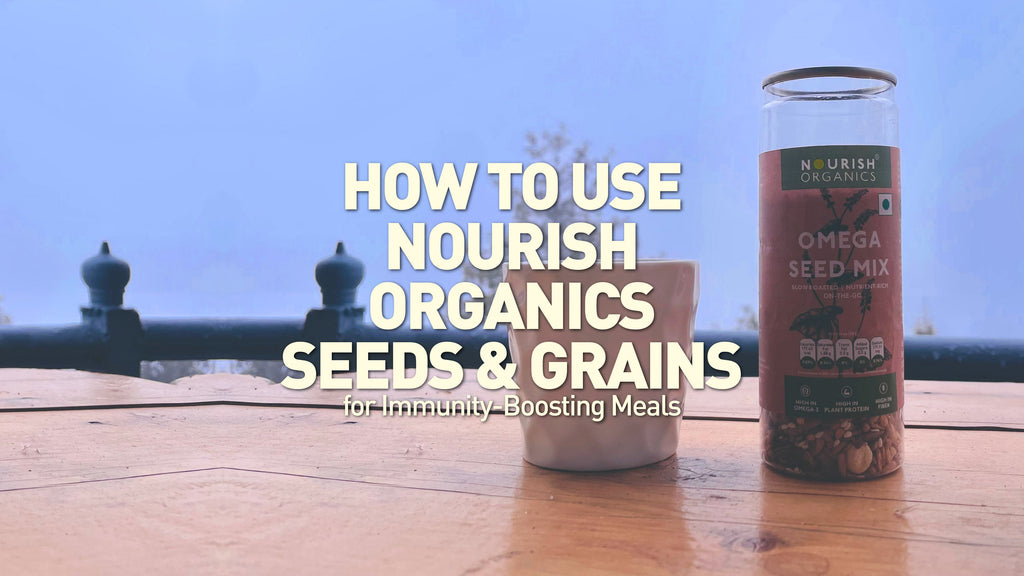
The ABCs of Organic Eating: A Beginner's Guide

Embarking on a journey toward organic eating is not just a choice; it's a commitment to a lifestyle that prioritizes health, sustainability, and conscientious consumerism. If you're new to the world of organic eating, navigating the labels, understanding the benefits, and making informed choices can be a bit overwhelming. Fear not – let's break down the ABCs of organic eating in this beginner's guide.
A is for Awareness: Understand the Basics
Before diving into the aisles of organic products, it's crucial to understand what "organic" really means. Organic foods are produced without synthetic pesticides, herbicides, and genetically modified organisms (GMOs). They are grown using sustainable farming practices that prioritize soil health, biodiversity, and animal welfare. Familiarize yourself with the basic principles of organic farming to make informed choices when shopping for organic products.
B is for Benefits: Why Choose Organic?
The benefits of organic eating extend beyond personal health. Choosing organic supports environmental sustainability, reduces exposure to harmful chemicals, and promotes ethical farming practices. Organic farming methods prioritize soil health, reduce water pollution, and contribute to the conservation of biodiversity. By opting for organic products, you become a part of a larger movement toward a healthier planet and a more sustainable food system.
C is for Certification: Look for the Label
When shopping for organic products, keep an eye out for the organic certification label. In the United States, the USDA Organic seal indicates that a product meets the strict organic standards set by the United States Department of Agriculture. Similarly, other countries have their own certification standards, so look for the relevant certification logos in your region. These labels provide assurance that the product has been produced in accordance with organic principles.
D is for Dirty Dozen: Prioritize Certain Produce
If you're looking to prioritize your organic purchases but are mindful of your budget, consider the "Dirty Dozen." This list, compiled by the Environmental Working Group (EWG), highlights the fruits and vegetables that tend to have higher pesticide residues when conventionally grown. These include strawberries, spinach, kale, and apples, among others. Opting for organic varieties of the Dirty Dozen can be a strategic way to maximize the health benefits of organic eating.
E is for Educate Yourself: Read Labels Thoughtfully
Reading food labels is a skill that can empower you to make informed choices. When selecting organic products, look for the USDA Organic seal and read ingredient lists. Pay attention to the presence of artificial additives, preservatives, and other undesirable ingredients. Educate yourself on common food labels, such as "100% organic," "organic," and "made with organic ingredients," to understand the level of organic content in a product.
F is for Farmers' Markets: Connect with Local Producers
Exploring your local farmers' markets is a fantastic way to embrace organic eating and support local agriculture. Many small-scale farmers practice organic farming methods but may not carry the official certification due to the associated costs. Engaging with local producers allows you to ask questions, learn about farming practices, and build a connection with the people who grow your food.
G is for GMO-Free: Avoid Genetically Modified Organisms
One of the hallmarks of organic eating is the exclusion of genetically modified organisms (GMOs). Organic standards prohibit the use of genetically engineered seeds and crops. Choosing organic products ensures that you're avoiding GMOs and supporting agricultural practices that prioritize the preservation of natural biodiversity.
H is for Healthier Meat Choices: Consider Organic Meat
If you consume meat, opting for organic varieties can be a health-conscious choice. Organic meat comes from animals that are raised without antibiotics, hormones, or synthetic growth enhancers. These animals are also typically provided with access to outdoor spaces, promoting their natural behavior. Choosing organic meat is a step toward supporting humane animal farming practices.
I is for Informed Choices: Empower Yourself
Ultimately, the key to successful organic eating is to empower yourself with knowledge. Stay informed about the benefits of organic food, familiarize yourself with organic labels, and be conscious of the impact your choices have on both your health and the environment. As you navigate the aisles of the grocery store or explore local farmers' markets, let your newfound knowledge guide you toward a more mindful and sustainable approach to food.
Embracing organic eating is not just a trend; it's a conscious decision to prioritize health, support sustainable practices, and contribute to a more environmentally friendly food system. With the ABCs of organic eating as your guide, you can embark on a journey that not only nourishes your body but also aligns with your values. As you explore the world of organic options, remember that every choice you make is a step toward a healthier, more sustainable future.














